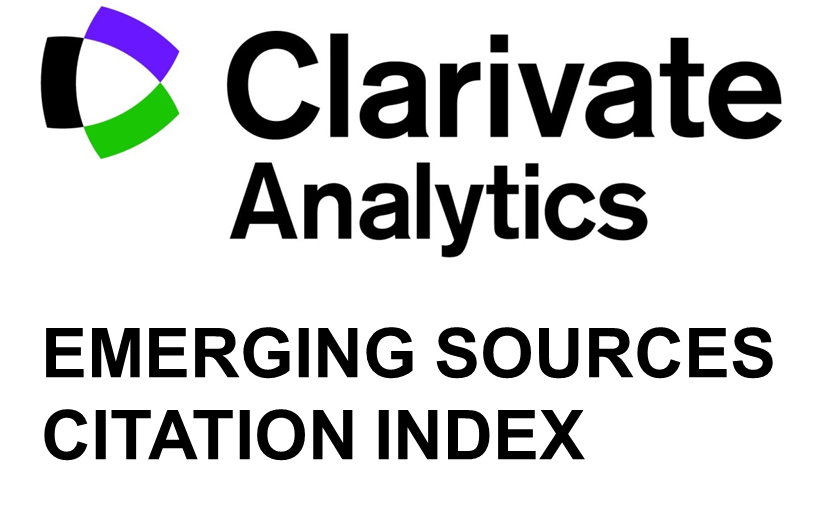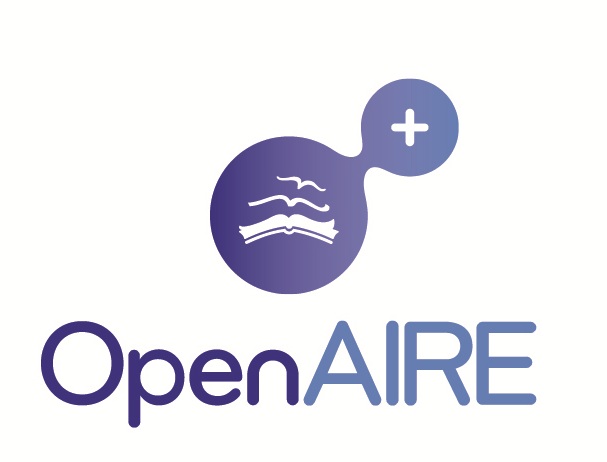Performance Analysis of MIMO Wavelet Packet Multicarrier Multicode CDMA System with Antenna Selection
Maryam Mahmoud Akho-Zahieh, Nasser Abdellatif
DOI: 10.15598/aeee.v17i4.3437
Abstract
Performance of Multicarrier Multicode Code-Division Multiple Access (MC/MCD-CDMA) systems can be improved significantly by using Wavelet Packets (WPs) as subcarriers instead of a~sinusoidal function. This is because WPs have much lower sidelobes and negligible sidelobe energy leakage compared to sinusoidal carriers; this property significantly decreases the intercarrier interference and improves the system performance. Further improvement can be achieved by utilizing multiple antennas at transmitter and receiver to construct a~Multiple-Input Multiple-Output (MIMO) system. Channel hardening is the main drawback of MIMO systems. Antenna selection can be employed to reduce this problem. In this paper, we use the antenna selection in MIMO WP-MC/MCD-CDMA system. These combinations of antenna selection, MIMO, and WP in MC/MCD-CDMA improve the system performance significantly and reduce the channel hardening. The performance of the system is tested according to the outage probability and bit error rate. Two MIMO schemes on Nakagami-m fading channel are considered, which are: selective transmit /selective receive and selective transmit /maximum ratio combining receive. The study includes the effects antennas' number, fading parameter-m, number of users, and the threshold signal to interferences plus noise ratio. The performance of the system is compared to that of MC/MCD-CDMA based on a~sinusoidal carrier. The results reveal that: by increasing antennas' number, the system performance is improved significantly, and MC/MCD-CDMA system based on WPs carriers outperforms MC/MCD-CDMA system based on a~sinusoidal carrier.






















